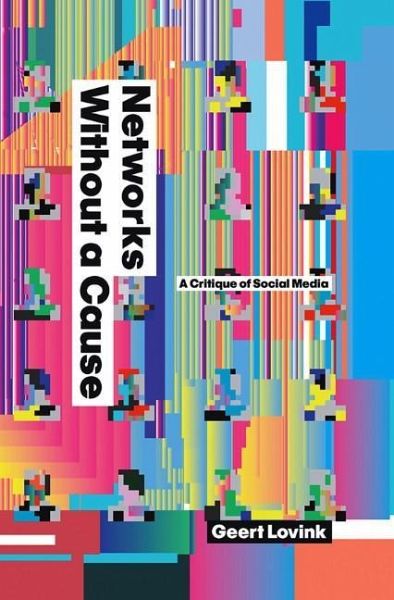
Networks Without a Cause
A Critique of Social Media
Versandkostenfrei!
Versandfertig in über 4 Wochen
68,99 €
inkl. MwSt.
Weitere Ausgaben:

PAYBACK Punkte
34 °P sammeln!
With the vast majority of Facebook users caught in a frenzy of 'friending', 'liking' and 'commenting', at what point do we pause to grasp the consequences of our info-saturated lives? What compels us to engage so diligently with social networking systems? Networks Without a Cause examines our collective obsession with identity and self-management coupled with the fragmentation and information overload endemic to contemporary online culture. With a dearth of theory on the social and cultural ramifications of hugely popular online services, Lovink provides a path-breaking critical analysis of ou...
With the vast majority of Facebook users caught in a frenzy of 'friending', 'liking' and 'commenting', at what point do we pause to grasp the consequences of our info-saturated lives? What compels us to engage so diligently with social networking systems? Networks Without a Cause examines our collective obsession with identity and self-management coupled with the fragmentation and information overload endemic to contemporary online culture. With a dearth of theory on the social and cultural ramifications of hugely popular online services, Lovink provides a path-breaking critical analysis of our over-hyped, networked world with case studies on search engines, online video, blogging, digital radio, media activism and the Wikileaks saga. This book offers a powerful message to media practitioners and theorists: let us collectively unleash our critical capacities to influence technology design and workspaces, otherwise we will disappear into the cloud. Probing but never pessimistic, Lovink draws from his long history in media research to offer a critique of the political structures and conceptual powers embedded in the technologies that shape our daily lives.




